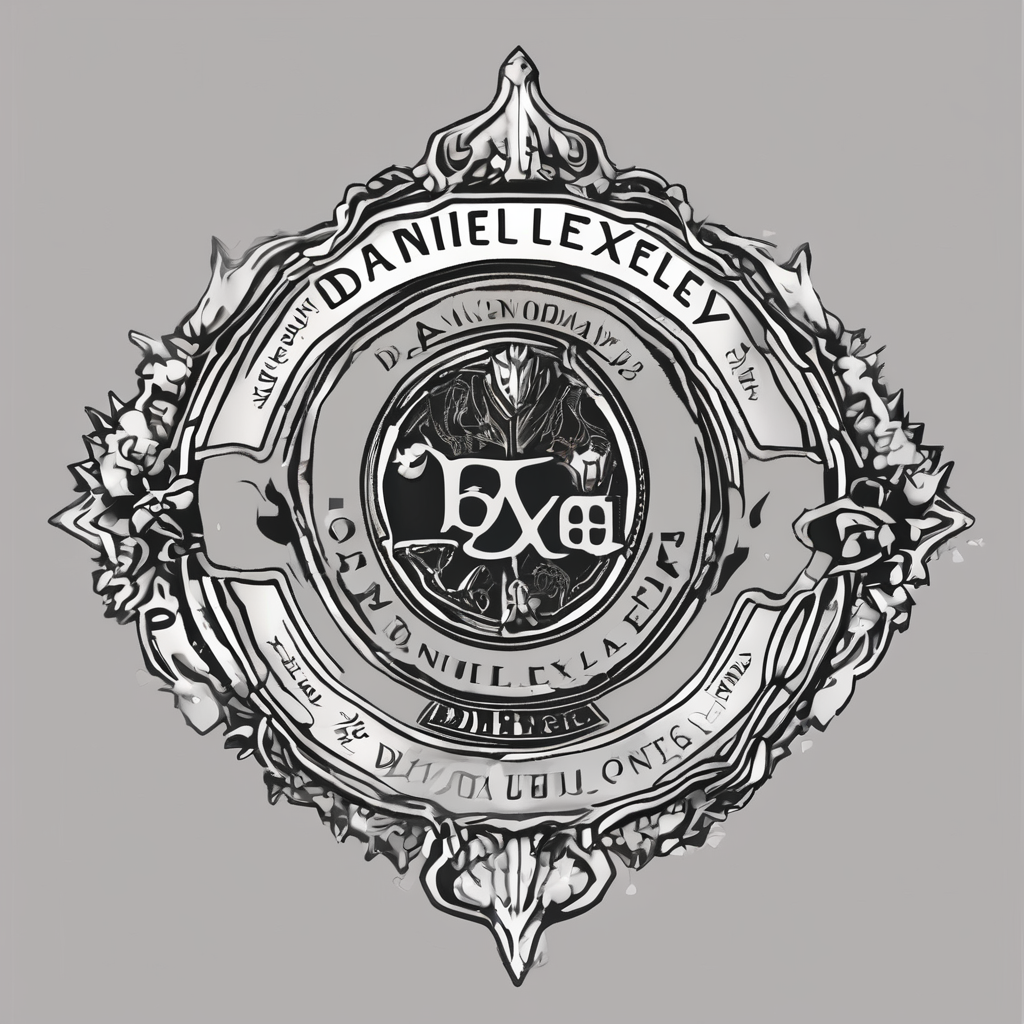Soccer, known as football in many parts of the world, boasts a rich and diverse history that captures the imagination. From its early origins in ancient China to the first official match in 1863, the game has evolved dramatically. This exploration delves into the key figures and significant milestones that shaped soccer into the global phenomenon it is today, offering a unique perspective on its storied past.
The Origins of Soccer
The foundations of soccer are often credited to ancient civilizations where early ball games were integral. Notably, Cuju in China, which involved kicking a ball into a net, dates back to approximately 2000 BCE. In Greece and Rome, games like Harpastum emphasized teamwork and ball control, laying essential groundwork for future sports.
Topic to read : What’s the Role of Anti-Inflammatory Diets in Reducing Injury Recovery Time for Basketball Players?
Medieval England saw the rise of town games with minimal rules, which contributed significantly to the development of modern soccer. These folk games evolved throughout the 19th century, transitioning from informal community activities to a structured sport. This transformation was largely due to the creation of the Football Association (FA) in 1863. The establishment of the FA marked the formalization of soccer’s rules, distinguishing it from rugby. This crucial step redirected the casual matches into organized competitions, paving the way for the modern game we recognize today.
Central to this development was England’s contributions and how its influence spread the game globally. This transition from local folk games to a structured sport emphasized the need for regulated gameplay, ultimately fostering greater interest. The game’s Access expanded as the British Empire introduced soccer to various countries, ensuring its widespread popularity.
In parallel : What’s the Best Way to Use Video Analysis for Technique Improvement in High Jumpers?
The Birth and Evolution of Modern Soccer
The codified rules and structured gameplay of modern soccer are a far cry from the unstructured games of its past. Explore the evolution of soccer’s rules, tactics, and the establishment of governing bodies that have shaped the sport into what it is today.
Formation of the Football Association
The Football Association (FA) was established in England in 1863, marking a pivotal moment in the sport’s history. By formalizing the rules, the FA created a distinct separation between soccer and rugby, cementing the foundation for modern soccer. The inaugural meeting on October 26, 1863, involved representatives from 12 clubs, during which the official rules were introduced, leading to widespread adoption across the UK. This structured approach facilitated more organized competitions, replacing disparate local variations with a standardized format.
Ebenezer Cobb Morley and the First Laws of the Game
Ebenezer Cobb Morley, often revered as the ‘father’ of the FA, was instrumental in drafting the first set of soccer rules. These regulations emphasized fair play and were crucial in transforming soccer into a sport of skill rather than brute force. Morley’s contributions helped propel soccer into mainstream culture, allowing it to transcend its rougher beginnings and gain acceptance across various social strata.
Key Developments in the 19th Century
The 19th century was a transformative period for soccer. The introduction of structured leagues and regular competitions became prominent, with clubs like Sheffield FC, founded in 1857, showcasing the growing appeal of association football. Additionally, the sport’s spread via British influence underscored its evolving nature, setting the stage for soccer’s global expansion.
Global Spread and Cultural Impact of Soccer
Soccer’s global reach and cultural significance are undeniable. As one of the most popular sports on the planet, it has shaped identities, economies, and even political landscapes. Its influence extends far beyond the playing field, serving as a unifying force and a reflection of the world’s diverse cultures.
The Role of British Expansion in Popularizing Soccer Worldwide
As the British Empire expanded its reach across continents, soccer began its journey from a local pastime to a global phenomenon. British sailors, traders, and soldiers are credited with introducing the game to various parts of the world. They used their influence and presence in foreign lands to sow the seeds of what would later become the world’s most popular sport.
Milestones in International Soccer Competitions, Including the World Cup
Significant milestones marked soccer’s path to international acclaim. The first official international match was played between England and Scotland in 1872, setting the stage for future competitions. The establishment of FIFA in 1904 further catalyzed soccer’s global integration, overseeing tournaments like the World Cup, which debuted in 1930 and has since become the pinnacle of international soccer.
Soccer as a Unifying Force and Its Cultural Significance Across Different Societies
Soccer has surpassed its origins as merely a sport, becoming a unifying social force globally. Its ability to transcend cultural and ethnic barriers has cemented its role as integral to many communities’ identity. Through the shared joy of the game, soccer fosters an appreciation for diverse heritages and traditions, showcasing its profound cultural significance.
















